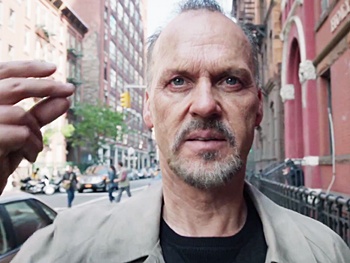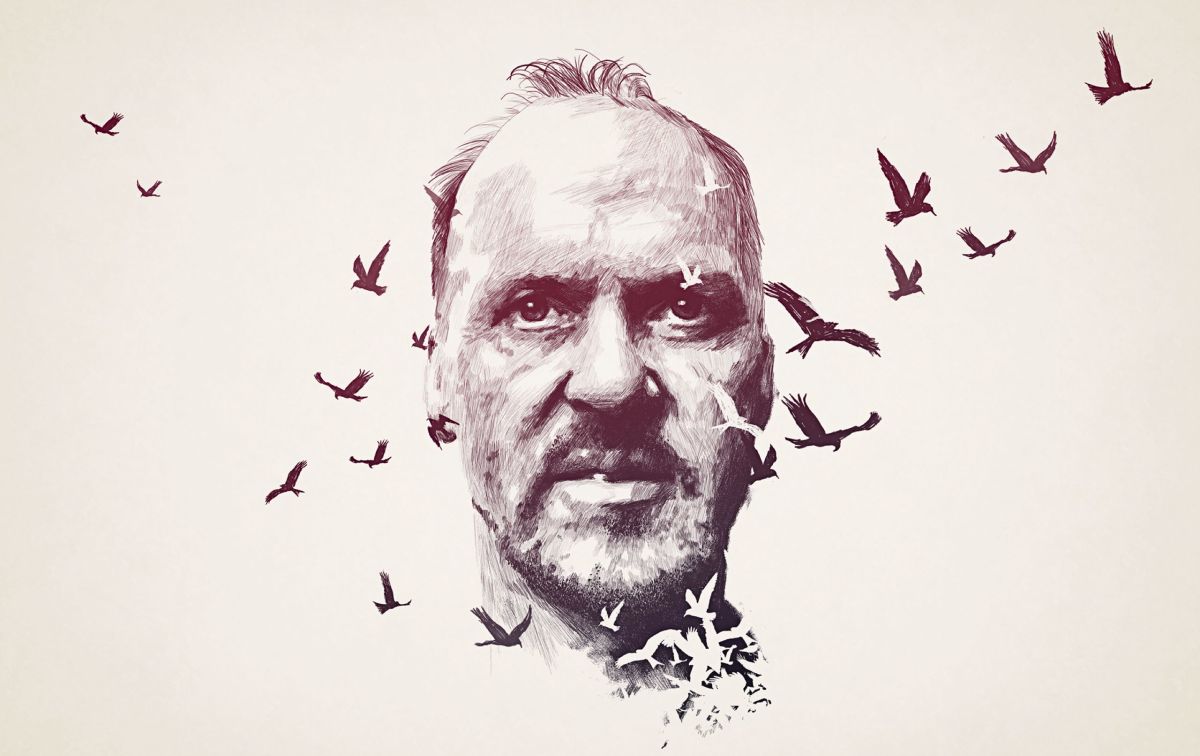Hello again everyone! For those of you who have been disgruntled by my absence, I apologize. Many things have kept me away and I am hoping I will be able to make the time to return. Recently most of my spare time has been spent on anime series and analyzing those. I plan on writing about some that I feel have qualitative elements worthy of pairing with many films that I plan to write on. Most of my work regarding film will be more focused on older movies as I feel there is a decrease in art house films, which is my main area of expertise.
Since my last posting going back a couple years now, few films have caught my attention and those that did rarely left lasting effects. Birdman or (The Unexpected Virtue of Ignorance) by Alejandro G. Iñárritu is one of the few films that I think could be posted on this blog due to its magical realism and interesting story line. It is fueled by a variety of psychological elements and uses magnificent cinematography to convey a discontinuous look of a single tracking shot. Unfortunately, I don’t feel as strongly about Iñárritu’s more recent film, The Revenant. Despite the cinematography living up to its predecessor, it falls short practically everywhere else. Perhaps this could be a topic to write about in the future. My point being, only one film since my last posting has been enough to satisfy my craving for a possible masterpiece in cinema.
I haven’t looked at my about page in a while, but I can say with certainty that my new goal will be:
To analyze and critique works of significant value and attempt to convey the absence of such elements in modern cinema – specifically commercial films.
This may be obvious, but it is still something that can be continued and elaborated on. Critiquing is also a discussion. My analysis can only amount to a stance on the meaning invoked by a work, but that is the intention of true art. I’ve heard others say film isn’t an art form but it is. It is THE art form, everyone watches film and TV more than viewing paintings or reading poetry. The digital age meant an evolution in art, in more ways than one. If people can understand the values a film should convey, then maybe less people will advocate for more poorly orchestrated superhero films.
I would really like to see if anyone has requests for things to write. I’d like for this, as I stated before about critiquing, to be a discussion – a collaborative piece to hash out the values of film.

Here is a list of potential topics I am considering:
-Deceptive elements in works by Akira Kurosawa
-Depictions of power and supporting symbolism in Paul Thomas Anderson films
-How Karl Marx’s Estranged Labor influenced film
–Evangelion 3.33 – I Can (Not) Understand
-Psychological elements in entertainment – Birdman and Black Swan
-How black and white films are still effective – a look at Guy Maddin, The Artist, and late 20th century horror
-A summary of why anime can’t be done live-action
